Depending on where you live, natural disasters or severe weather conditions could leave your family helpless if you are not prepared. There are basic items you should have at home at all times in case of a disaster. Consider the items included below to ensure your family is ready in the event of an emergency.
Water and Food Supplies
It is vital to ensure your family has enough food and water in case of an emergency. Do not get caught without drinking water in the event a disaster interrupts your drinking supply. A general rule to follow is that you should store a gallon of water per person per day at the minimum, and have several days worth of water on hand. Nursing moms, children, and sick people may require more, so plan accordingly.
You should store at least three days worth of food for your family. These items should be non-perishable items. Choose family friendly foods, and consider any special dietary needs. Peanut butter, canned fruits, canned vegetables, candy, canned condensed meats, soups, and uncooked instant cereals are examples of foods that have a long shelf life. Avoid buying salty foods that will make you thirsty. Purchase salt-free crackers and canned foods with a high liquid content.
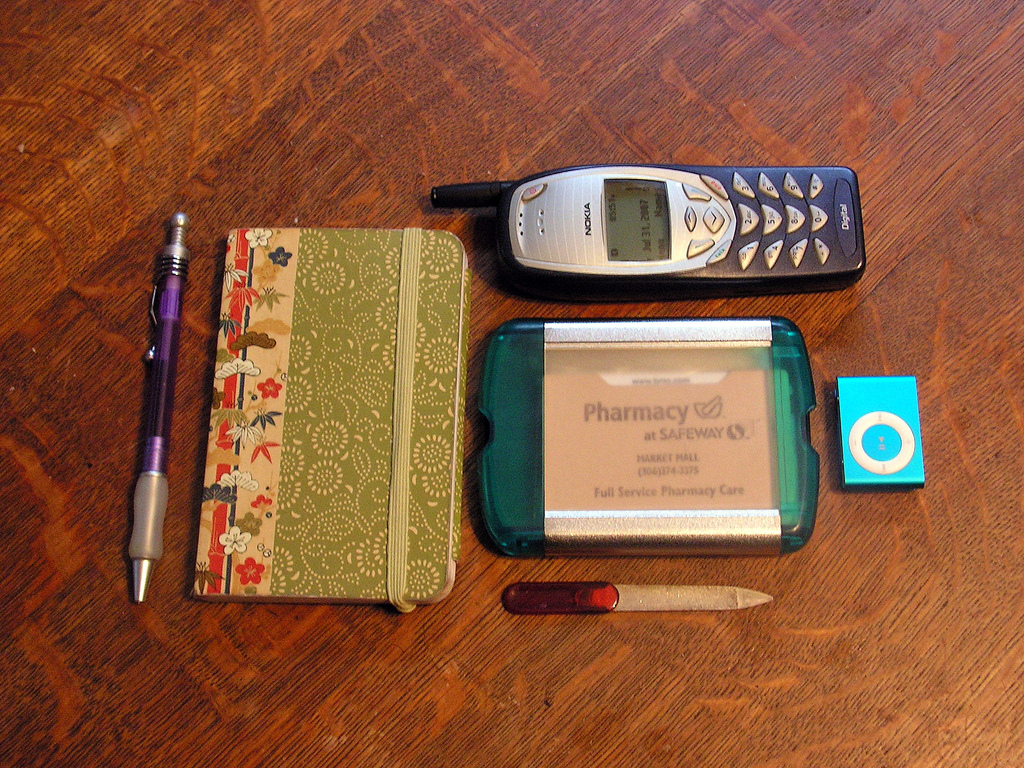
General Supplies
An emergency or natural disaster may leave you without power. Make certain you have flashlights, extra batteries, and candles on hand. A battery-powered radio will allow you to keep up with the latest news. Consider buying a solar charger for your cell phone if you still want to use it after the power goes out. Purchase a manual can opener for your food. Keep a supply of games, books, and other means of entertainment on hand for your children. Duct tape and plastic may be needed to seal off doors and windows to keep contaminants out of your home. However, this should be done only if advised by the government, as sealing windows and doors reduces your supply of fresh air.
A fireplace will help you cook without water. Ensure you have enough wood and matches stockpiled to cook with. A charcoal grill can be used outdoors to cook. Chafing dishes, candle warmers, and fondue pots are great at keeping cooked food warm.
Medicine
Natural disasters often inflict illnesses and injuries, which is problematic if you don’t have access to a doctor or a medical facility. It is important to prepare a kit with all your medication and medical supplies. Additionally, keep an extra supply of prescription medication on hand. Purchase and store away Ibuprofen, Tylenol, rubbing alcohol, latex gloves, dusk masks (to filter contaminated air), sterile bandages, disinfecting cream, burn ointment, anti-diarrheal medicine, and moist towelettes. Other essentials include bandages, band-aides, ace wraps, gauze pads, tourniquets, soap, a thermometer, safety pins, household chlorine bleach, tweezers, needles, and scissors.
Earthquakes, tornadoes, floods, snowstorms, and power outages are examples of some of the natural disasters that can affect your living conditions. Equip your home with the tools needed to ensure that your family is prepared and safe in the event of a disaster
Byline
Vinny Copperfield, a freelance writer based in Muncie, Indiana, specializes in survival techniques, off-the-grid living, water storage tanks, environmental science, green energy, renewable fuel sources and other kindred topics.
Image credit goes to Wendy Cooper.


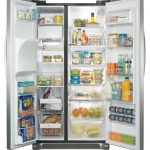



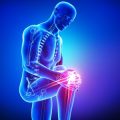


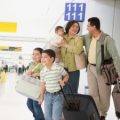













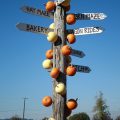







No Comments
Leave a comment Cancel